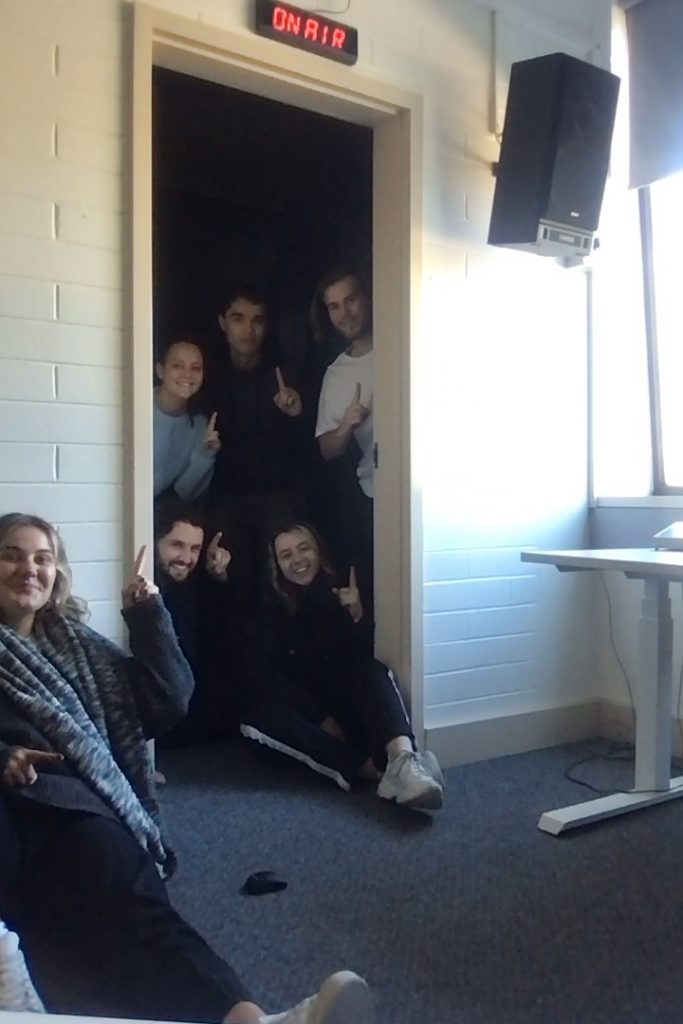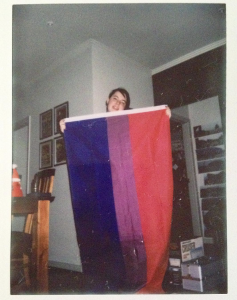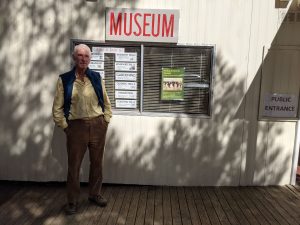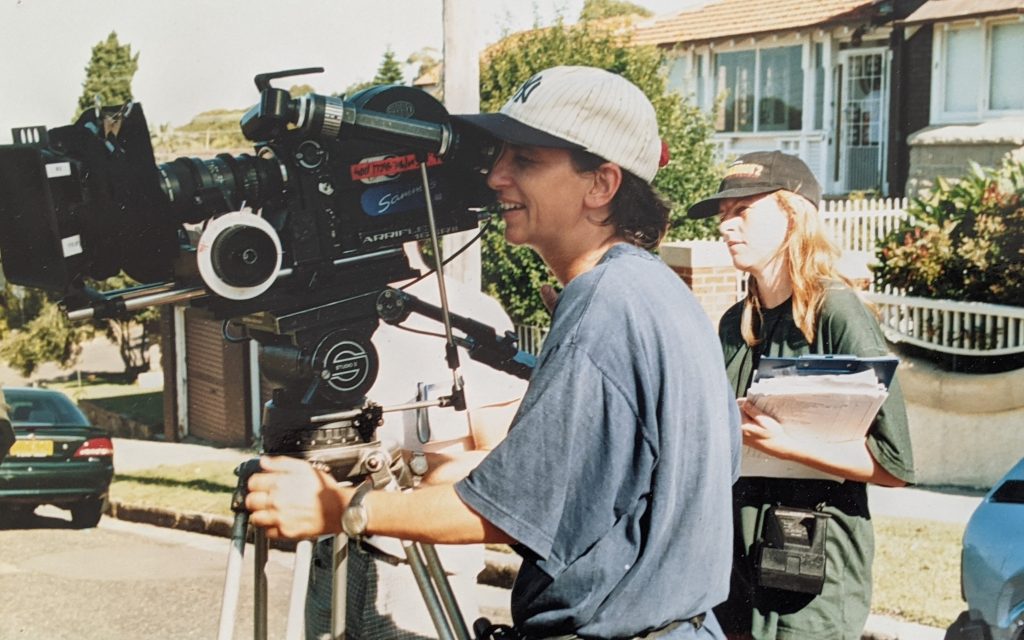Tough times calls for tough measures at Grammar
BY SHAUN BENNETT
CANBERRA Girls Grammar has banned students from using their mobile phones at school in an attempt to crack down on cyber-bullying.
The independent school in Deakin implemented its new policy “U Use It, U Lose It” at the start of the 2010 school year to limit the use of mobile phones by students. Under the policy, students will lose their phones if they are caught using them during school hours and require a letter from their parents to get them back.
The school has also extended its phone policy to include the boarding house where phones are taken from students every night at 8pm and kept in a secure room. The school encourages parents of children who are not at the boarding house to do the same.
Head of the Senior School Bruce Handley says that limiting students’ use of their mobile has been effective in tackling cyber-bullying. He adds that fellow Independent school Darramarlan College has a similar phone policy where phones are confiscated from students if they are caught using them at school. However, under Darramarlan’s policy parents are called in to collect their child’s phone if they are confiscated. Handley says that all of Canberra’s Independent and Catholic schools have regular meetings to create policies on the use of mobile phones at school. However, he is adamant that cyber-bullying is impossible to stop completely because of the access and knowledge children have of technology.
“Out of the 1000 students at this school there would only be a small proportion that wouldn’t have a mobile phone or at least one computer in their house,” he said.
However, Handley was surprised to learn that this sort of bullying originated from the traditional school-yard bullying but developed into cyber-bullying rapidly through the use of mobile phones by SMS or videos being filmed and uploaded to Youtube.
He also discovered that cyber-bullying differs through the use of Facebook and other social networking sites, where it can begin with a comment on someone’s photo or a photo has been uploaded that is humiliating or confronting.
Handley recounts an incident at Senior Girls Grammar where a student uploaded a photo of a girl with a horse’s head on it.
“The student uploaded the photo believing it was funny but the girl depicted in the picture didn’t feel it was funny at all,” he said. “ He adds that this was a conflict that had started in the schoolyard and quickly turned into cyber-bullying because the student knew how to manipulate this picture using technology such as Photoshop and uploaded it on to Facebook.
Handley also remembers another incident when a couple of students set up a Facebook group asking people to comment about the schools new gardener.
“As a 17 year old employee at an all girl’s school, he was told to have no contact with the students and he panicked when he saw the site. He had to sign a statement indicating he had not encouraged the girls to set this up. All the comments were positive, but it only takes one negative comment to feel bullied and he felt bullied.”
He says that a similar situation occurred with an appreciation group on Facebook for a staff member.
“Again it only takes one person who doesn’t like the teacher for the victim to feel bullied, and the girl who set this site up was mortified it could have this implication.” Following this wave of Facebook incidents, the school has set up an internet filter on school computers that blocks Facebook and other social networking sites. Handley also arranged for the Australian Federal Police (AFP) to come in and run a seminar for teachers and students about cyber-safety called the ‘Think U Know’ program.
“Students will do something and not understand it is bullying, like on Facebook and Youtube where people can comment and view things,” he said.
He is pleased that the AFP is raising awareness on how dangerous these sites can be.
“At a conference the host set up a fictitious profile of a 14 year old girl, and showed how quickly you can find out where this girl lives, where she goes to school, what bus she catches. It demonstrates how easy it is for say, a paedophile, to find this information within a few searches. “
Psychologist Dr Marilyn Campbell from the University of Queensland is equally pleased that these programs now exists and believes that education is the key in preventing cyber-bullying.
“When people are online there is no proper context like there is in everyday life, so words and actions have a greater effect because people don’t understand what they have done.”




Be the first to comment!